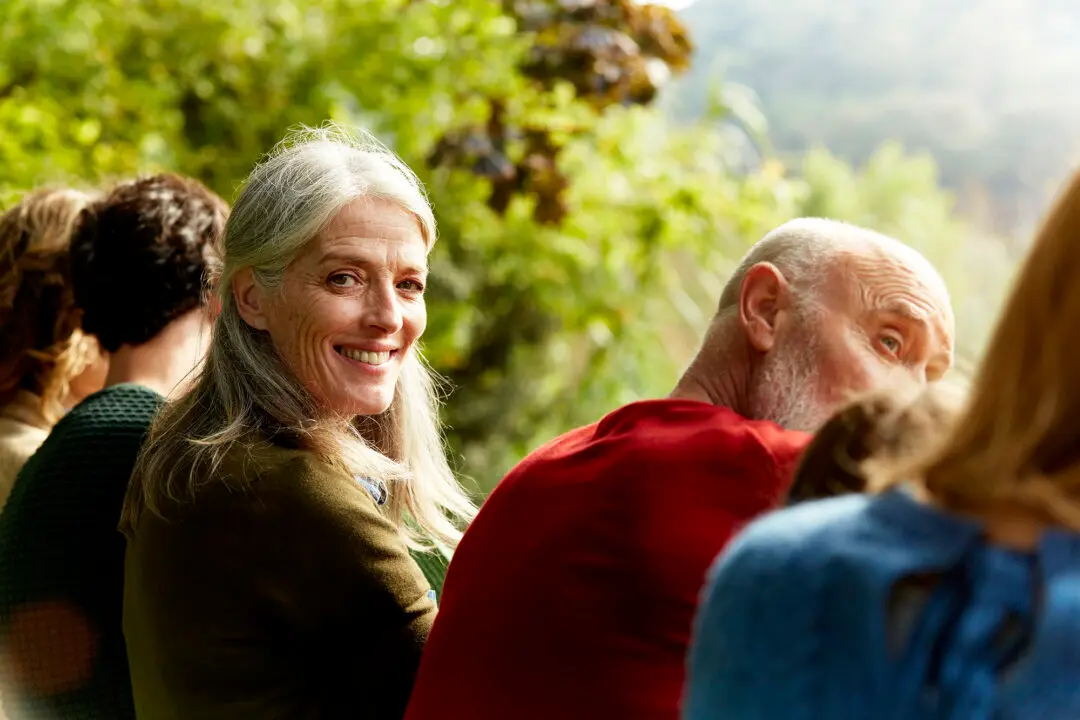As of 2021, 25.2 percent of Americans were between 45 and 64. Many of these people are still in the workforce. Even the ones who have retired may be returning. According to a Fox News report, one out of eight seniors will return to the workforce after retiring due to inflation.
Ageism Prevalence in the Workplace
Although ageism can affect young workers, this article will address discrimination toward older workers.According to an AARP survey, over 40 percent of those aged 40-plus say they’ve experienced discrimination at work. A study by the Society for Human Resource Management (SHRM) found that 11 percent of human resources (HR) professionals say that older employees are not treated as fairly as their younger counterparts.
The perception of older employees is often skewed. The SHRM study stated that 49 percent of older workers are seen as incompetent with technology. Thirty-eight percent were perceived as not being open to new ways of doing things.
Older Workers Increasing
Despite the discrimination against older workers, they are becoming a dominant force. Fewer young people are entering the workforce; for example, nearly 300,000 accountants have retired or left the workforce for other reasons in the last few years. But few younger people are replacing them. The trades are finding the same problem.Be Prepared for Ageism
Prepare yourself to handle ageism. When interviewing for a job and you suspect ageism, nip it in the bud. Point out that you know how to use the software linked to the job. Or state you’re comfortable working for a younger team or younger manager.Connect With People
You’re never too old to network and it’s easier to network today than it’s ever been.By building a network, you enhance your visibility and credibility. You also gain valuable insights as to what’s going on in your industry.
Don’t just connect with specific ages or titles. Connect with all ages and positions. And although nothing beats face-to-face networking, don’t forget about online organizations. There are also benefits received from attending webinars. These webinars allow you to share ideas with people worldwide.
Show Knowledge to Everyone
What is your professional identity, and how can you show others talents and skills? Cultivating and sharing your knowledge will make you look vital and current with current trends.Talk about real-life successes as they relate to the job at hand. Don’t go off down memory lane, but make it relevant.
The younger and fresh from college may be smarter than you, but you know more. Share that knowledge. Use professional social media like LinkedIn to post information that makes you appear relevant and knowledgeable.
Learn New Technology
Younger workers will hold onto the stereotype that older employees struggle with technology. So you must stay up to date.Take courses and training to help you stay current or at the forefront. Technology moves fast and constantly changes. You'll probably be ahead of your younger co-workers by taking courses of the latest technical changes. When this happens, you are the one to offer help.
You can go beyond technology with your hunger for learning. Always concentrate on professional growth, no matter how long you’ve been in the workforce.
Call Attention to Ageism With Class
Call attention to ageism without being accusatory. Older people who are confronted with ageism and don’t accuse, receive a more positive reaction than those that do. For example, benevolent ageism is common.Report Bias in the Workplace
Sometimes, ageism is blatant and holds you back from doing your job. Keep a record of when you are discriminated against. Then, go to HR to report it. Discrimination doesn’t disappear on its own. Sometimes, you must act.Some states require age discrimination issues to be reported within a specific time, so don’t sit on problems; report them.
Although HR should be the first place to report the issues, sometimes they can be part of the problem. If they don’t act on your complaints, report it to the U.S. Equal Employment Opportunity Commission (EEOC).
It’s recommended you consult with an attorney before reporting it to the EEOC. In many states, a report automatically triggers a federal complaint.
Ageism Becoming Pervasive in the Workplace
Prepare yourself for age discrimination. You can repel it by resisting the implication that you’re too old for a job. Stay current with the latest technology.Network in your industry, but make it a point to broaden areas where you connect with people. Subtly point out ageism without accusing.
But if it is over the top, report it.









